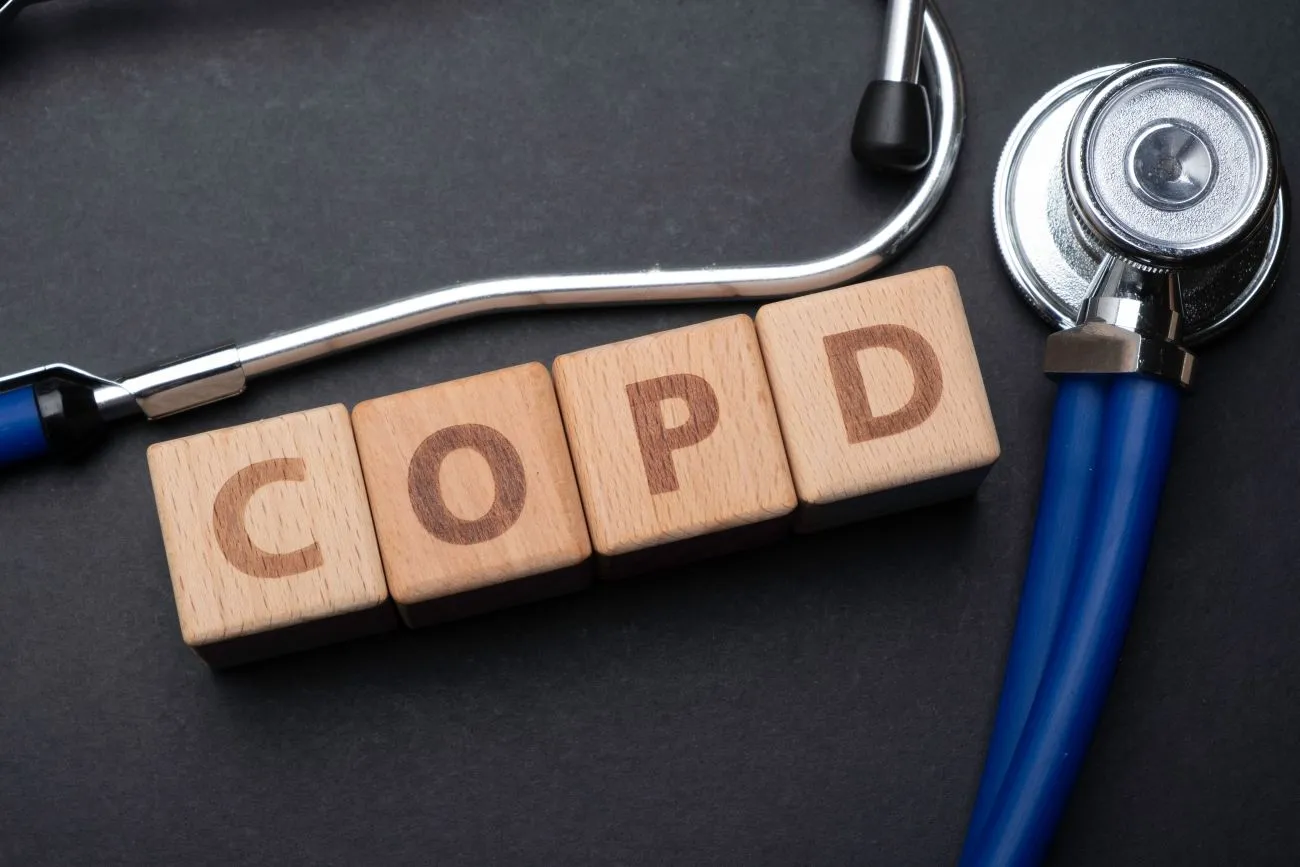If you are a senior struggling with new respiratory symptoms or if you have recently been diagnosed with COPD, you will want to understand the symptoms that you could be facing, the effects your diagnosis will have on you, and the treatments that your physician may recommend.
While COPD is often a serious, life-long disease, it can be adequately controlled these days, so you can continue to live a full, vibrant life even as you age.
Signs and Symptoms
You may actually notice certain signs and symptoms of COPD before your doctor does. This is because by this point in your life you are fully attuned to every health change. Therefore, you may notice the following symptoms:
- Shortness of breath, especially with physical exertion
- Wheezing
- Chronic cough
- Regular respiratory infections
- Tightness in your chest
- Blue-tinged lips or nail beds, known as cyanosis
- Chronic fatigue
- Swelling in your lower extremities
- Weight loss
If any of the above symptoms do not go away after two weeks or cause you significant problems in your daily life, makes sure to schedule an appointment with your doctor as soon as possible
Of course, some symptoms will begin before others do. In general, the first symptom of COPD for seniors is a chronic cough lasting longer than two months. Your cough may also produce mucus.
By seeking early diagnosis and following your doctor’s treatment plan exactly, you can often decrease many of the later symptoms of COPD, such as swelling, weight loss, and cyanosis.
Diagnosis
If you are experiencing any of the symptoms listed above, you should visit your doctor immediately to get an accurate diagnosis. These symptoms can be caused by many different acute and chronic diseases. As such, understanding the cause of the problem quickly can give you the best prognosis because even seemingly minor symptoms can significantly affect your quality of life as a senior.
Most COPD diagnoses for elderly individuals are provided by family physicians or geriatricians who specialize in treating diseases in older adults. Your doctor will start by taking a complete health history from you. This will include your family’s history of related respiratory disease as well as your exposure to tobacco, secondhand smoke, chemicals, and air pollution.
Next, your physician will do a complete physical assessment and provide extra tests to get a definitive diagnosis. COPD is commonly misdiagnosed — especially in seniors who have a history of smoking. Therefore, your doctor may recommend a battery of tests, including spirometry and other pulmonary function tests.
During spirometry, you will blow into a large tube. This checks how much air you can fit into your lungs and how quickly you can exhale. This is particularly useful because spirometry can diagnose early COPD even before you have noticeable symptoms.
In addition to pulmonary function tests, your doctor may recommend blood tests, a chest X-ray, and a CT scan of your thorax to see how well oxygenated your blood is. Not only do these tests help diagnose your condition, but also they serve as a baseline for future visits.
Treatments
Complete COPD treatment for seniors will include an array of lifestyle changes, medications, lung therapies, and possibly surgery in some instances.
The easiest treatments for early COPD are often lifestyle changes, which can be hugely effective for many seniors. Most importantly, if you smoke, you must quit smoking and stay away from secondhand smoke. You may need to work with a tobacco cessation counselor to find a way to give up tobacco long-term.
Exercise is another important part of COPD treatment. Staying active can help improve your lung capacity and respiratory strength. However, you will want to avoid outdoor exercise when air quality is poor. Also, you will want to focus on gentle exercises that are easy on your aging joints.
In addition to exercising, a diet low in carbohydrates can improve your ability to breathe. Be sure to focus on fresh fruits and vegetables, plenty of fiber, high-quality protein sources, and unsaturated fats.
Of course, COPD may progress as you continue to age, requiring more in-depth treatments. Your doctor may prescribe bronchodilator or corticosteroid inhalers to relax the muscles in your smallest airways and reduce inflammation. You may also need to take oral antibiotics to prevent exacerbations from infections.
If COPD progresses as you age, you may need oxygen therapy at home or even lung volume reduction surgery to allow healthier portions of your lungs to expand fully. In very severe cases, a lung transplant may be needed.
Although 14 percent of American seniors have this incurable disease, recent research has provided a variety of treatments to help seniors live more comfortably and longer than they once could with COPD. With help from your trusted doctor and a dedication to following your treatment plan, you will find that you can enjoy a great quality of life as you age.
